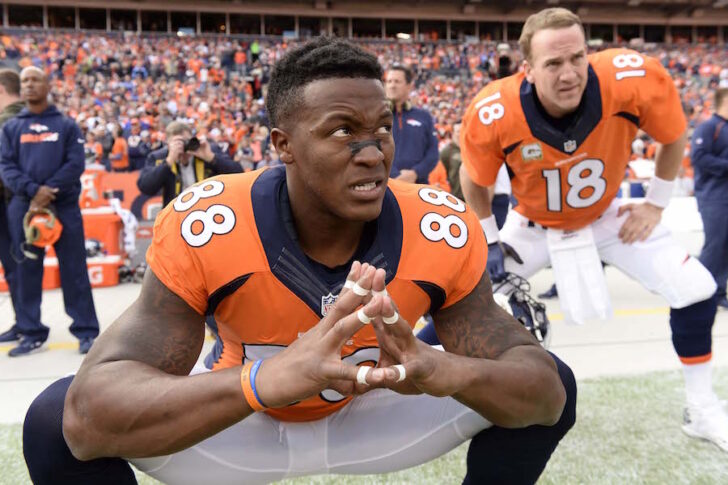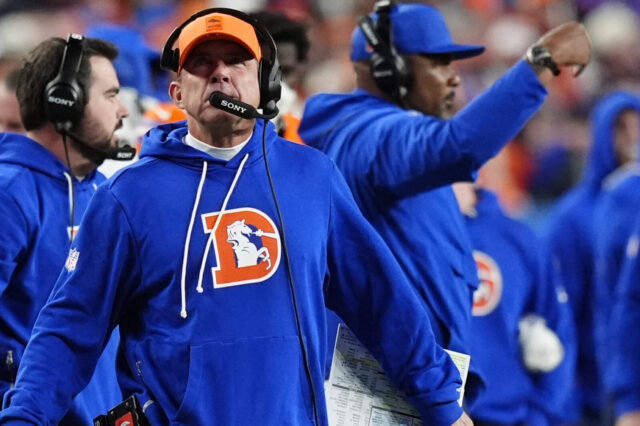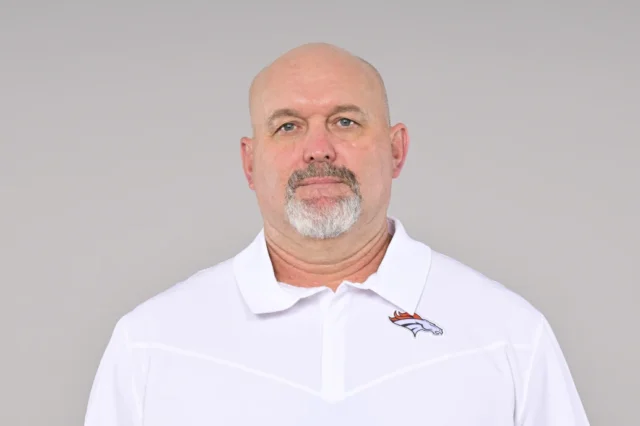Dud(s) No. 1 – Everyone making medical decisions at UCHealth Training Center
There’s some sad irony in the fact that the year the Broncos renamed their Englewood headquarters (formerly known as “Dove Valley”) to UCHealth Training Center in a year that the biggest controversy brewing now centers around the organization’s ability to accurately evaluate the team’s health.
Whether it’s an explanation or an excuse, it appears the severity of Peyton Manning’s injuries have been grossly underestimated. Blame the “too tough athlete” for thinking he can play through the pain (and play at an elite level). Blame the “blind eye coaches” who couldn’t see or just outright ignored diminishing on-field results. Or blame a “look the other way medical staff” who might have a true understanding of the extent of the injuries and didn’t speak up because the player wants to play. Blame any or all of them, but it’s now clear that Manning should not have been on the field against Kansas City.
And Manning wasn’t the only one who was questionable for Sunday and whose subsequent lackluster performance hurt the team. Emmanuel Sanders was a game-time decision and his lingering ankle injury seemed to be a direct culprit in the second of Manning’s four interceptions. Sanders played just 24 of Denver’s 73 snaps Sunday.
Football most certainly requires playing through pain, and coaches absolutely must trust their players when they say they can play and the training staff has cleared them. But the players, coaches and training staff all must ask first and foremost, “By playing hurt, does it hurt the team?” In the case of both Manning and Sanders, it’s now painfully clear the answer should have been, “Yes.”



